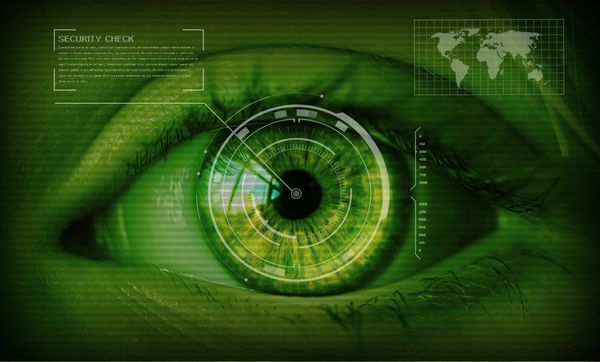Stop Cyberbullying Day: How parents can help their children prevent cyberbullying

Would your child tell you if s/he was cyberbullied? Would s/he ask for your help and try to stop it, or suffer in silence? A new Pew Research Center survey finds that 59% of U.S. teens have personally experienced cyberbullying.
From our data (Bitdefender study,”Teens and online Threats, December 2017) only 47% of pre-teens have talked about the topic with a parent, 33% with a friend and 24% with a relative. Among kids aged 14-16, the numbers decrease dramatically: only 11% of teens told a parent, 24% a friend and 13% a relative.
The reasons children don’t talk about what’s happening to them are diverse and personal. Some are afraid they won’t be allowed to use their devices any longer; others are too ashamed and embarrassed or think nobody will believe or can help them. In any case, cyberbullying is an overwhelming experience with negative consequences (link to the article about the impact -2). Dealing with it is challenging for both parents and children, but finding a way to do so is necessary, especially if parents spot the warning signs of cyberbullying in their children.
These may include:
- upset, frustrated during or after using the Internet
- secretive or protective of digital life, apps used, social media activity
- nervous or jumpy when receiving an instant message, text, or email
- withdrawal from family members, friends and activities
- avoiding school or group gatherings
- slipping grades and “acting out” in anger at home
- changes in mood, behavior, sleep or appetite
- avoiding discussions about their social life
What parents can do if their child is bullied*:
It’s not easy to know when and how to step in. But if you find out your child is cyberbullied, take it seriously and act to help stop it, working together with him/her.
- Listen to your child and offer your help. Remind your child that there is nothing to be ashamed of when he/she is a victim of cyberbullying.
- Reassure your child that you will be there for him/her no matter what happens. Chances are your child has been worrying about this for quite some time.
- Work together to stop the bullying. Save the evidence, take a screenshot, report, delete and block the bully.
- Talk about it at your kid’s school and with other parents. Talk with teachers and the other parents about the issue. Make them aware of the problem and give them the chance to act on your concerns.
- Monitor the situation. Keep talking to your child, and always listen. It’s true that questions like ‘How was school today?’ will often result in ‘OK’ or, if you have a teenager, maybe just a grunt. But go on and always remain positive.
- Check out resources for dealing with bullying in your area. There is help out there. For further advice, try contacting anti-bullying organizations.
What parents can do if their child is a bully*
It can be upsetting and painful to learn that your child is inflicting harm on others. A bully needs as much help as the victim, and parents can help them stop.
- Acknowledge the behavior. Talk to him/her to find out why he or she is bullying (physically or verbally). Often, children bully when they feel sad, angry, lonely or insecure. Many times, significant changes at home or school may bring on these feelings.
- 2. Build a connection. Tell them that you love them no matter what, and bullying is wrong. Find other ways together of resolving conflicts and handling tough situations.
- Contact the school. Talk to teachers, guidance counselors and other school officials who can help you identify cases that lead to bullying and provide assistance. Also, there are a lot of online resources that can help parents in this situation.
*Advice developed by psychologists for the Parents Knowledgebase of our Bitdefender Parental Control** app, a tool that helps parents identify cyberbullying in their children online conversations and helps them deal with it.
**The Detection of Cyberbullying and Online Predators functionality is no longer available in Bitdefender products.
tags
Author
Cristina is a freelance writer and a mother of two living in Denmark. Her 15 years experience in communication includes developing content for tv, online, mobile apps, and a chatbot.
View all postsRight now Top posts
How to Protect Your WhatsApp from Hackers and Scammers – 8 Key Settings and Best Practices
April 03, 2025
Outpacing Cyberthreats: Bitdefender Together with Scuderia Ferrari HP in 2025
March 12, 2025
Streamjacking Scams On YouTube Leverage CS2 Pro Player Championships to Defraud Gamers
February 20, 2025
How to Identify and Protect Yourself from Gaming Laptop Scams
February 11, 2025
FOLLOW US ON SOCIAL MEDIA
You might also like
Bookmarks







